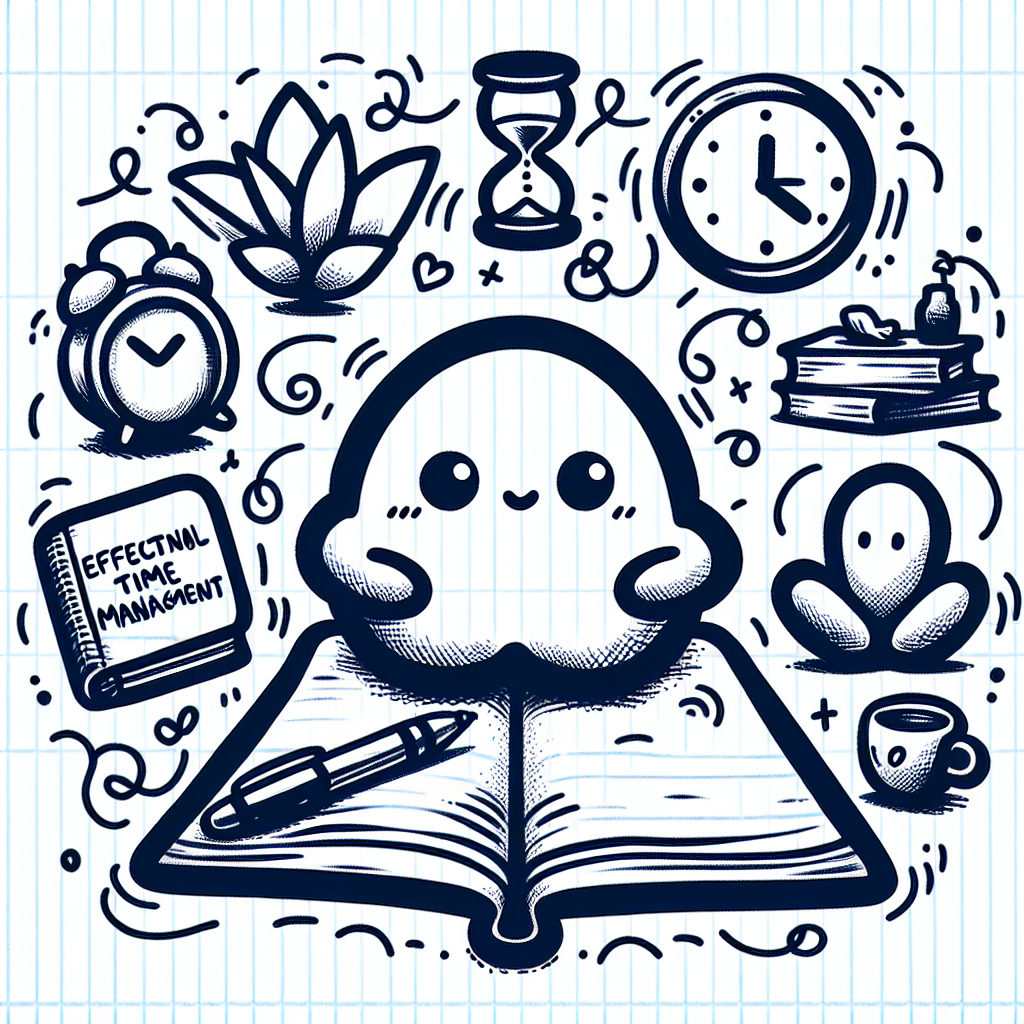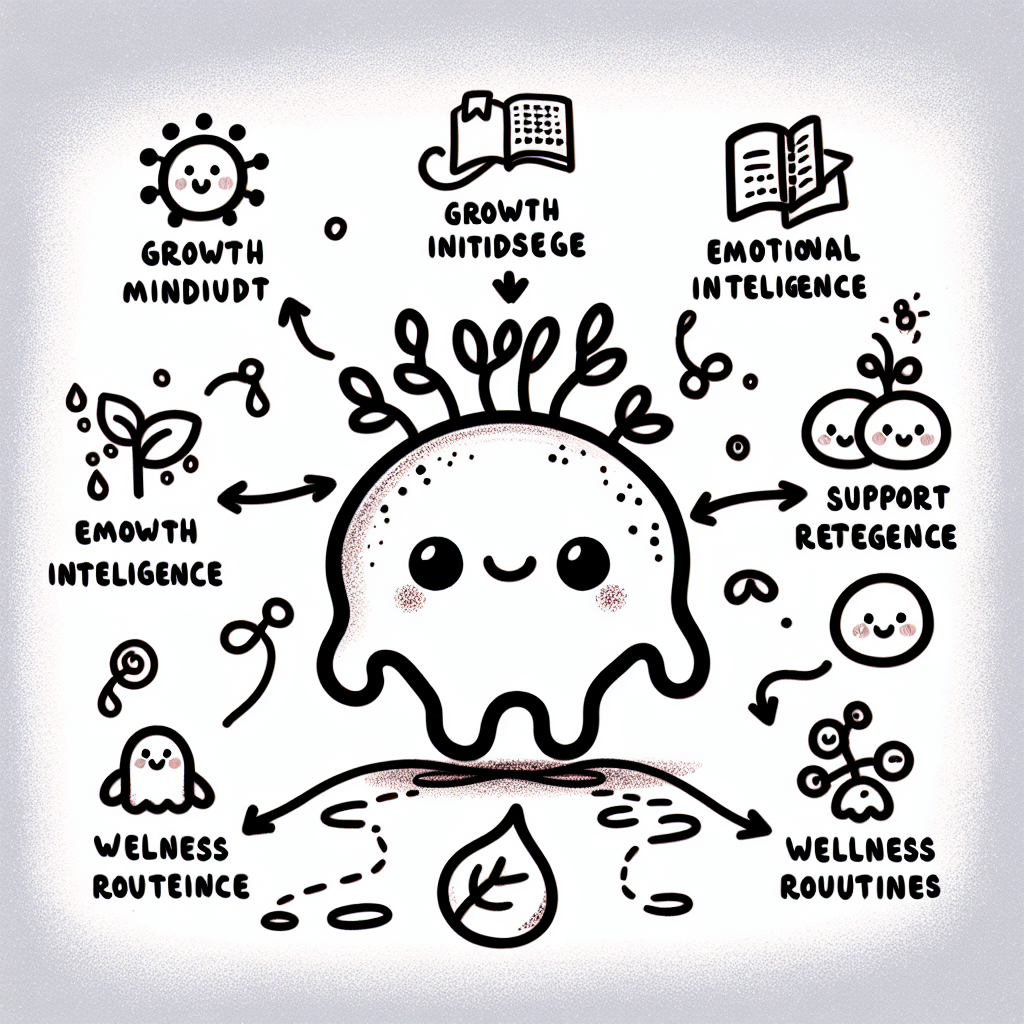Introduction
Managing stress in college has become a critical concern as mental health challenges continue to rise among students in higher education. According to the American College Health Association, nearly 60% of college students reported experiencing overwhelming anxiety in the past year, and more than 40% felt so depressed that it was difficult to function. These statistics highlight a growing mental health crisis on campuses across the country.
Stress in college settings stems from a combination of academic pressures, financial concerns, social challenges, and the transition to independent living. These stressors can affect students of all backgrounds, though those from underrepresented or economically disadvantaged groups may face additional burdens. If not managed properly, stress can lead to serious consequences, including declining academic performance, physical health problems, and increased risk of mental illness.
Addressing stress proactively is essential to support student well-being and academic success. Early intervention, access to mental health resources, and the development of coping strategies can help students navigate the demands of college life more effectively. Managing stress in college is not just a personal responsibility—it is also a systemic challenge that requires attention from institutions, educators, and policymakers alike.

Understanding College Stress
Common Stressors in College Life
Managing stress in college begins with recognizing the common sources of pressure students face. Academic pressure and workload are among the top contributors. Tight deadlines, demanding coursework, and the pressure to maintain high grades can create a persistent sense of urgency and overwhelm.
Financial concerns also play a major role. Many students juggle part-time jobs alongside their studies to cover tuition and living expenses, adding another layer of stress. Balancing employment with academic responsibilities often leaves little time for rest or social activities.
Social dynamics and peer relationships further contribute to stress. Navigating friendships, romantic relationships, and group dynamics can be emotionally taxing, especially in a new environment. Students may feel pressure to fit in or maintain a certain social image.
The transition from high school to college is another significant stressor. Adapting to a new routine, increased independence, and unfamiliar academic expectations can be challenging. According to a Northeastern University Study, this transition period is often marked by heightened stress and emotional adjustment issues.
Psychological and Physical Impacts
The effects of unmanaged stress in college can be both psychological and physical. Students commonly experience anxiety, depression, and burnout, which can impair their ability to concentrate and cope with daily demands.
Sleep disturbances and dietary changes are also frequent outcomes. According to U.S. News & World Report, many students report irregular sleep patterns and poor nutrition due to stress, which can further exacerbate mental health problems.
Feelings of isolation may emerge as students withdraw from social interactions, leading to a decline in academic performance. Recognizing these symptoms early is essential for effectively managing stress in college.

Key Statistics on Student Stress
Understanding the scope of student stress helps in managing stress in college more effectively. Recent data shows that nearly 1 in 6 college students has been diagnosed or treated for anxiety, highlighting the widespread nature of the issue (Oregon State University). This statistic underscores the need for accessible mental health resources on campuses.
In addition, 21.9% of students report that anxiety has negatively impacted their academic performance. This indicates a direct link between mental health and academic success, making stress management strategies a crucial part of student support.
Colleges are also seeing a rising demand for campus mental health services, reflecting both increased awareness and growing needs among students. Addressing this demand is an important component of managing stress in college.

Recognizing Symptoms of Stress
Understanding how stress presents itself is a key part of managing stress in college. Stress can affect students emotionally, behaviorally, and physically, often in ways that interfere with academic and personal life.
Emotional and Behavioral Signs
Common emotional signs include irritability, frequent mood swings, and a tendency to withdraw from social interactions. Students may feel overwhelmed or anxious and may have trouble regulating their emotions. Behaviorally, stress can lead to difficulty concentrating, indecisiveness, and a drop in academic performance.
Physical Symptoms
Physical symptoms often accompany emotional distress. These may include headaches, persistent fatigue, and gastrointestinal issues such as nausea or stomach cramps. Sleep disturbances are also common—students might struggle to fall asleep, stay asleep, or feel rested. Appetite changes, whether loss of appetite or overeating, can also indicate stress (U.S. News & World Report).
Recognizing these symptoms early is important in managing stress in college effectively.

Institutional Strategies to Support Students
Colleges and universities play a vital role in managing stress in college by implementing institutional strategies that address student well-being on multiple levels.
Campus Mental Health Services
Many campuses offer dedicated counseling centers and peer support programs that provide students with access to mental health professionals and trained peers. These services often include workshops, therapy groups, and wellness coaching to help students develop coping skills and emotional resilience. For example, Oregon State University offers structured programs to help science students navigate academic stress through group therapy and wellness initiatives (Oregon State University).
Academic and Faculty Support
Academic pressure is a primary source of stress, so institutions have begun incorporating flexibility in deadlines and workloads to accommodate students’ mental health needs. Faculty members are also receiving training to recognize signs of stress and direct students to appropriate resources. This proactive approach helps create a more understanding and responsive academic environment.
Online and Community Resources
To further support managing stress in college, many institutions are curating comprehensive stress management toolkits accessible online. The University of Wisconsin-Madison, for instance, provides a wide range of digital resources designed to help students build resilience and manage academic pressure (University of Wisconsin-Madison). In addition, virtual therapy platforms and mindfulness apps offer flexible and private options for students seeking mental health support outside traditional settings.

Personal Stress Management Techniques
Daily Habits and Routines
Establishing consistent daily habits can significantly impact how students experience and manage stress in college. A regular sleep schedule helps the body and mind recover, improving mental clarity and emotional stability. Time management is also essential—using planners or digital calendars to prioritize tasks can reduce last-minute pressure. Alongside this, maintaining a balanced diet and staying hydrated supports both physical health and cognitive function, which are key to stress resilience.
Mental and Emotional Coping Strategies
Practices like mindfulness, meditation, and deep breathing exercises can help students stay present and reduce anxiety. Even a few minutes a day can promote calm and focus. Journaling is another effective tool, offering a way to process emotions and identify stress triggers. When self-care strategies aren't enough, it's important to seek professional help. Most colleges offer counseling services that provide support tailored to student needs.
Social and Environmental Practices
Social support plays a critical role in managing stress in college. Building and maintaining friendships can provide emotional relief and a sense of belonging. According to U.S. News & World Report, strong social connections can help buffer the effects of academic stress. Additionally, creating a comfortable and organized study space can improve focus and reduce the chaos that contributes to stress.
Special Considerations for Remote and Hybrid Learning
For students learning remotely or in hybrid formats, managing stress in college can present unique challenges. It's important to limit excessive media exposure, which can increase anxiety, as noted by Scottsdale Community College. Engaging in healthy offline activities such as exercise, hobbies, or outdoor time provides a necessary break from screens. Lastly, maintaining a sense of routine—such as setting regular study hours and mealtimes—can help students stay grounded and reduce uncertainty.

Transitioning Successfully from High School to College
Transitioning from high school to college can be a challenging time, especially when it comes to managing stress in college. The sudden shift in academic demands, social environments, and personal responsibilities can create uncertainty and pressure for first-year students.
One key aspect is managing expectations. In high school, students often rely on structured schedules and close supervision. College, by contrast, demands greater self-direction and personal accountability. This shift can lead to stress when expectations aren’t aligned with reality. According to Northeastern University, students who learn to manage uncertainty and set realistic goals are more likely to adapt successfully to college life.
Developing independence and resilience is critical. First-year students should focus on building time management skills, self-discipline, and problem-solving abilities. These traits help reduce stress by giving students a sense of control over their new environment.
Additionally, adopting effective coping mechanisms can support mental well-being. This includes seeking campus support services, staying physically active, maintaining a healthy sleep schedule, and building social connections. Establishing these habits early can greatly ease the transition and reduce the stress associated with navigating college life for the first time.

Long-Term Resilience Building
Growth Mindset and Emotional Intelligence
Building long-term resilience is essential for managing stress in college and beyond. A growth mindset, which involves viewing challenges as opportunities for learning and improvement, helps students handle academic and personal setbacks more effectively. Instead of seeing failure as a dead end, students with a growth mindset recognize it as part of the learning process.
Emotional intelligence further supports resilience by enhancing self-awareness and empathy. Understanding one's emotions and recognizing how they influence behavior allows students to better regulate their responses to stress. Empathy also improves social relationships, which are key to a strong support system during college years.
Creating a Lifelong Stress Management Plan
Managing stress in college isn't just about short-term relief—it involves creating a sustainable plan that supports well-being throughout life. Integrating wellness into everyday routines, such as regular exercise, balanced nutrition, and consistent sleep, lays the foundation for long-term health and stress management.
Planning for future life changes, like transitioning from college to the workforce, is also crucial. Anticipating new stressors and developing strategies to address them—such as setting boundaries, maintaining support networks, and continuing self-care practices—can help students remain resilient even after graduation.

Conclusion
Managing stress in college is essential for both academic success and personal well-being. Proactive stress management helps students stay focused, maintain healthier relationships, and avoid burnout. By recognizing stress early and taking deliberate steps—such as practicing time management, engaging in physical activity, or seeking emotional support—students can better navigate the demands of college life.
It is equally important for students to seek help when needed. Counseling centers, academic advisors, peer support groups, and online mental health resources are all valuable tools. Utilizing these services can make a significant difference in managing stress and improving overall mental health.
Colleges also play a key role in building a more supportive campus culture. Promoting open conversations about mental health, reducing stigma, and ensuring access to wellness programs can foster an environment where students feel safe and supported. By working together, students and institutions can create a community that prioritizes mental well-being and empowers everyone to thrive.







.png)






